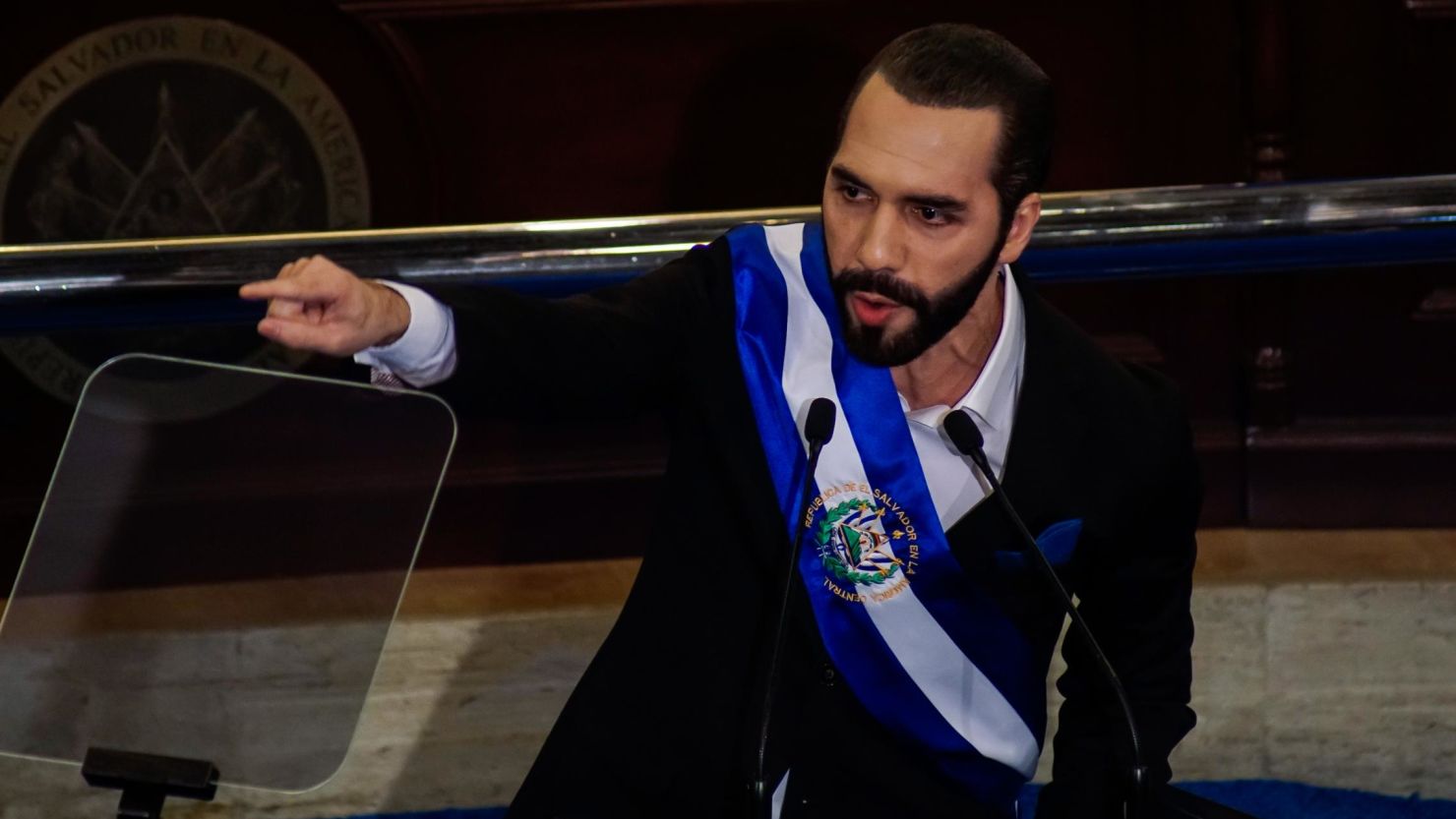El Salvador’s President Nayib Bukele secures a remarkable reelection victory, garnering around 83% voter support, with his New Ideas party set to dominate the 60-seat congress. Bukele’s anti-gang initiatives and claims of a free vote contribute to unprecedented control, raising concerns about democratic erosion.
Despite worries from rights groups and opposition figures about the concentration of power, Bukele attributes his success to “democracy” and criticizes foreign entities for alleged interference. The president’s popularity, fueled by reduced crime, resonates with voters despite concerns over suspended civil liberties and mass incarcerations.
Bukele’s overwhelming dominance creates a dilemma for U.S. policymakers, torn between supporting democracy and addressing migration issues stemming from El Salvador’s gang violence. U.S. Secretary of State Anthony Blinken congratulates Bukele while emphasizing a commitment to fair trial guarantees and human rights.

Analysts caution against the sustainability of mass incarcerations, but Bukele vows to maintain a tough stance on gangs. As attention shifts to economic challenges, concerns grow that Bukele may exploit his power to scrap term limits, echoing trends in neighboring Nicaragua.
The opposition faces a daunting task in regaining public support after being portrayed as gang allies by Bukele’s media machine. Democratic spaces appear to be closing, raising fears of civil society suppression and an environment of fear.




